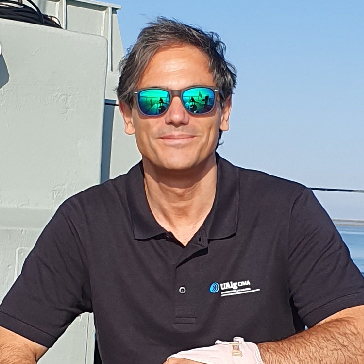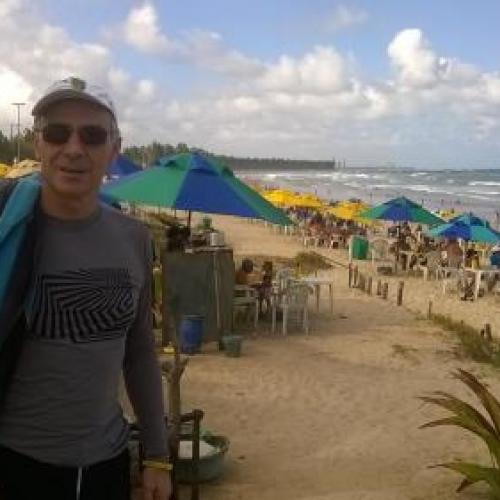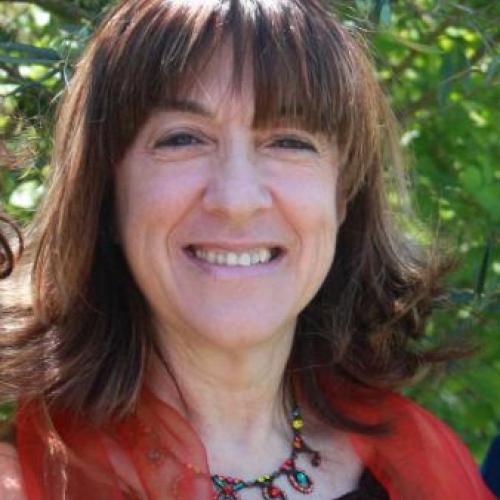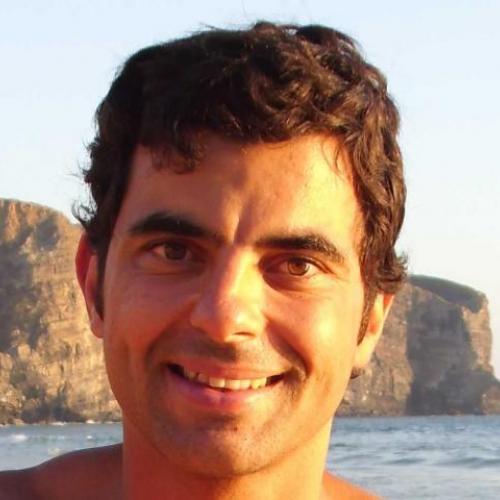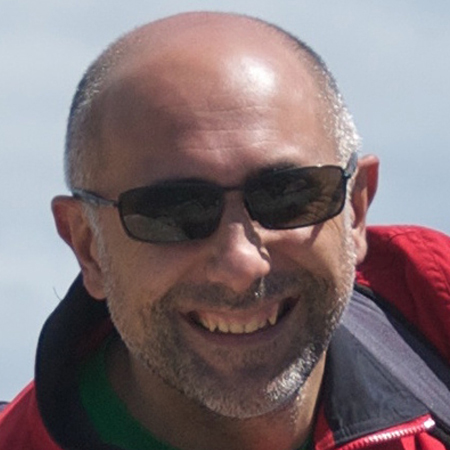Novel Approaches in Aquatic Exploration and Monitoring
ACTINSPhoto © Filipa Silva
Research developed in harsh environments such as deep sea, marine, coastal, and freshwater sites often has technological constraints and gaps between observations and monitoring. ARNET’s Novel Approaches in Exploration and Monitoring aims at bridging those gaps.
Through the creation and interconnection of new infrastructures, innovative tools and solutions, ARNET develops and explores new methodologies that include molecular tools, automated observing platforms, sensors (in situ and remote based), communication methodologies, algorithms for data analysis and data management, including modelling and forecasting methodologies.
The activities under this action domain are based on the principles of open science, open access and open data.
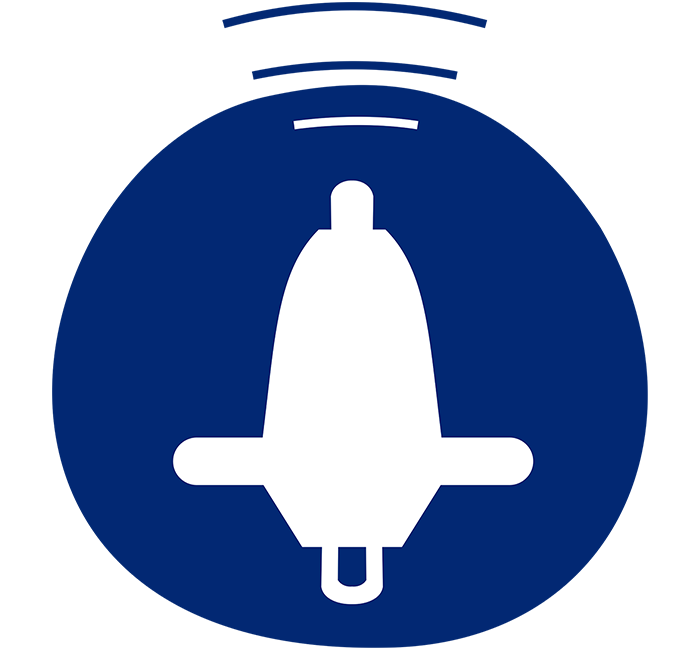
Public Policies & Strategies
- UN Sustainable Development Goals (especially SDG 14, 15 but also 2, 6 and 13)
- The Global Ocean Observing System 2030 Strategy
- EU Framework Programme for Research and Innovation 2021–2027
- European Open Science Agenda
- European Strategy Forum on Research Infrastructures (ESFRI)
- EU Marine Strategy Framework Directive
- EU Water Framework Directive
- EU Strategy for Plastics in a Circular Economy
- Mission Starfish 2030
- ENEI-National Strategy for research and smart specialization
- The Portuguese National Policy on Open Science
- National Strategy for the Sea 2021-2030, particularly the strategic objective OE7 – Stimulating Scientific Knowledge, Technological Development and Blue Innovation.

